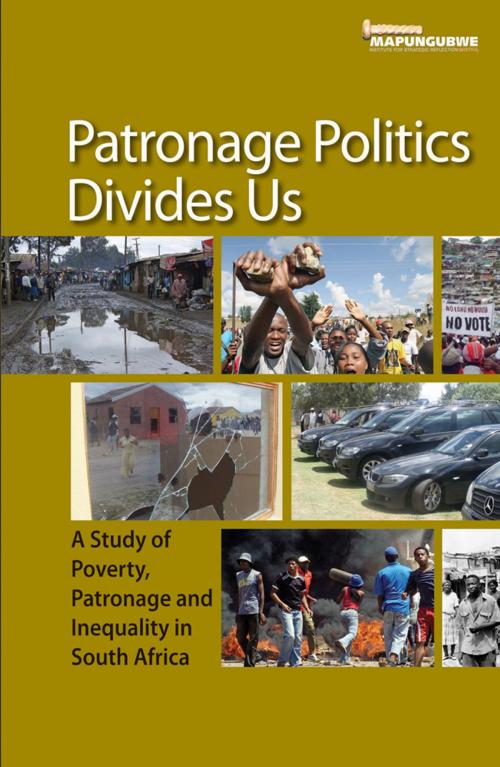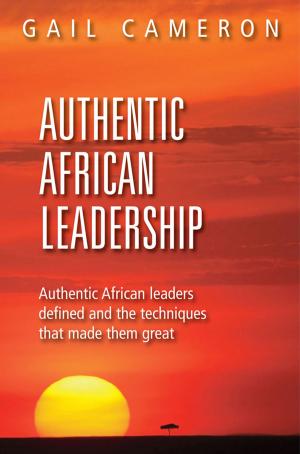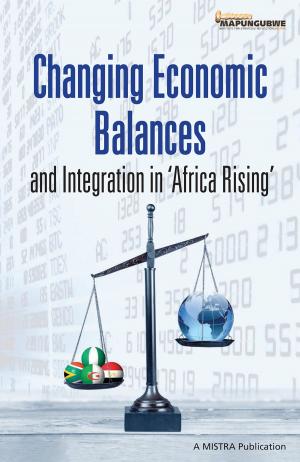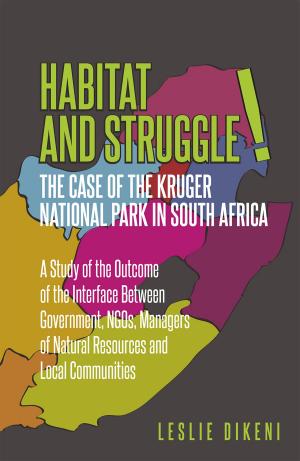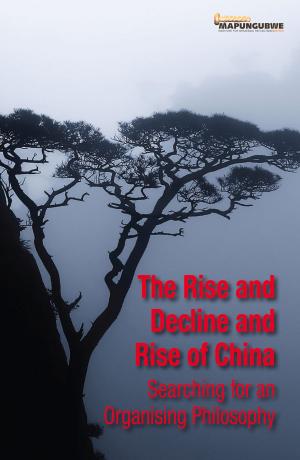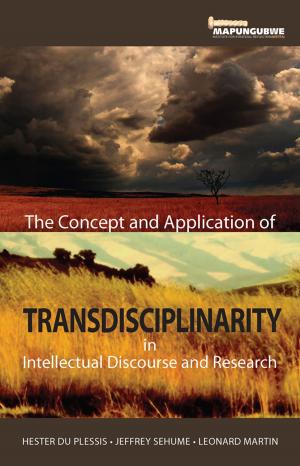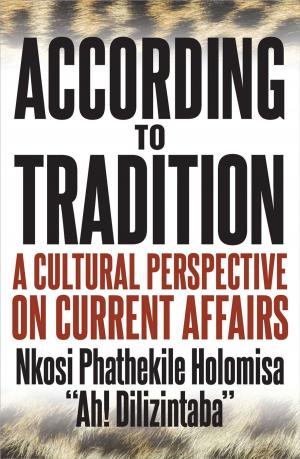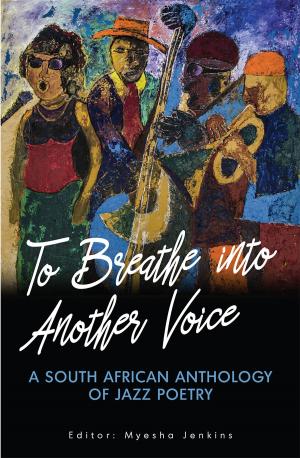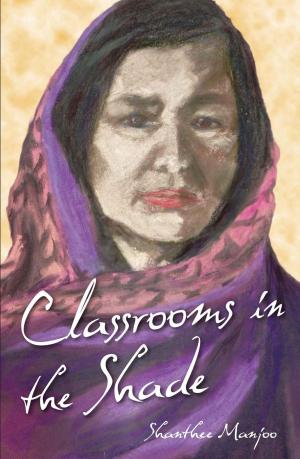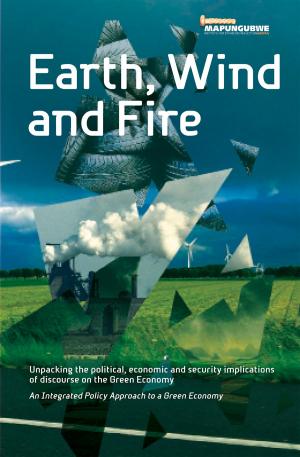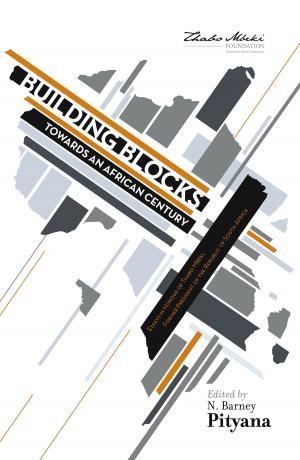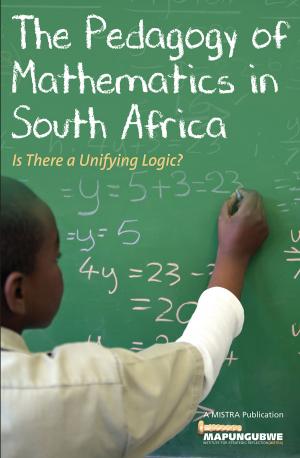Patronage Politics Divides Us
A Study of Poverty, Patronage and Inequality in South Africa
Nonfiction, Social & Cultural Studies, Social Science| Author: | Mapungubwe Institute for Strategic Reflection (MISTRA) | ISBN: | 9781920655822 |
| Publisher: | Real African Publishers | Publication: | February 1, 2014 |
| Imprint: | Real African Publishers | Language: | English |
| Author: | Mapungubwe Institute for Strategic Reflection (MISTRA) |
| ISBN: | 9781920655822 |
| Publisher: | Real African Publishers |
| Publication: | February 1, 2014 |
| Imprint: | Real African Publishers |
| Language: | English |
Patronage Politics Divides Us is the culmination of a research project that forms part of MISTRA’s first suite of eight priority research projects. The research explores the relationship between patronage, poverty, and inequality with a particular focus on its impact on the conduct of local politics. The overall aim of the study was to explore the possibility of constituting public institutions in a manner that enables them to become legitimate arbiters between the various interests, rather than as instruments that are captured by contending interest groups for their own accumulation. Most importantly, this study was necessitated by the realization that postapartheid patronage politics has not received sufficient scholarly attention. The report is a profile of socioeconomic life in South Africa’s various communities as experienced not only by locals but also by foreign-born residents. The findings provide a window on relationships between councilors, business interests, and local party organizations.
Patronage Politics Divides Us is the culmination of a research project that forms part of MISTRA’s first suite of eight priority research projects. The research explores the relationship between patronage, poverty, and inequality with a particular focus on its impact on the conduct of local politics. The overall aim of the study was to explore the possibility of constituting public institutions in a manner that enables them to become legitimate arbiters between the various interests, rather than as instruments that are captured by contending interest groups for their own accumulation. Most importantly, this study was necessitated by the realization that postapartheid patronage politics has not received sufficient scholarly attention. The report is a profile of socioeconomic life in South Africa’s various communities as experienced not only by locals but also by foreign-born residents. The findings provide a window on relationships between councilors, business interests, and local party organizations.
